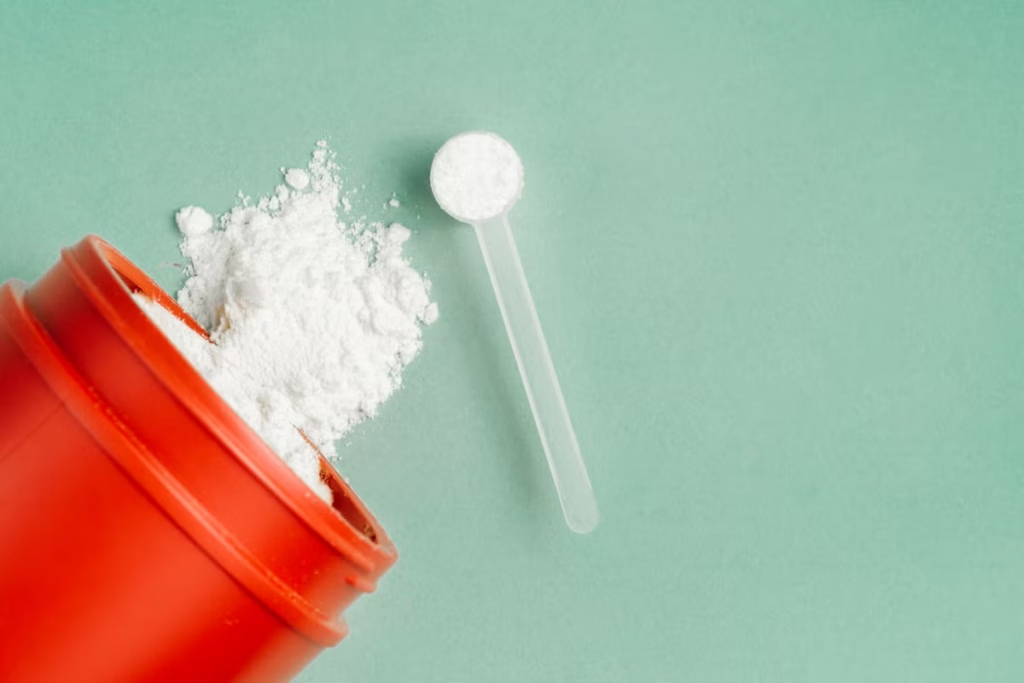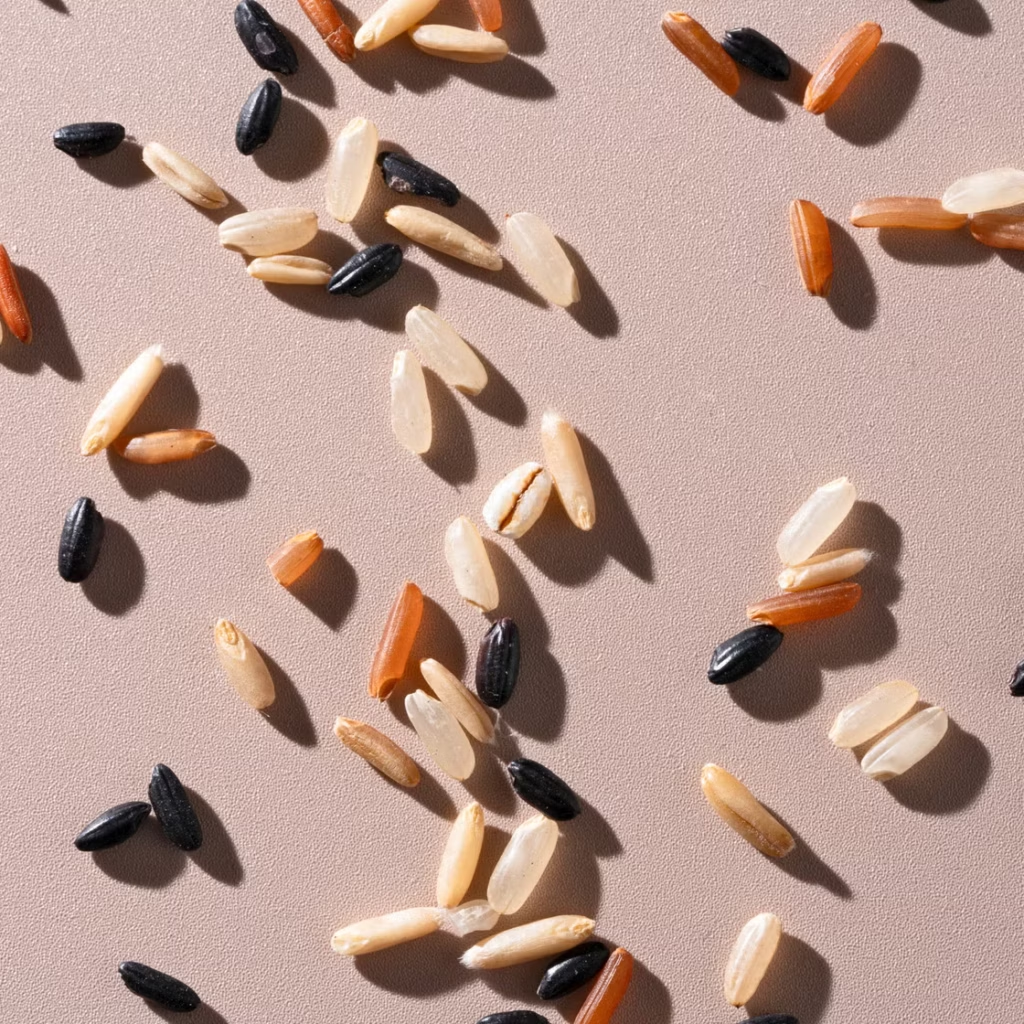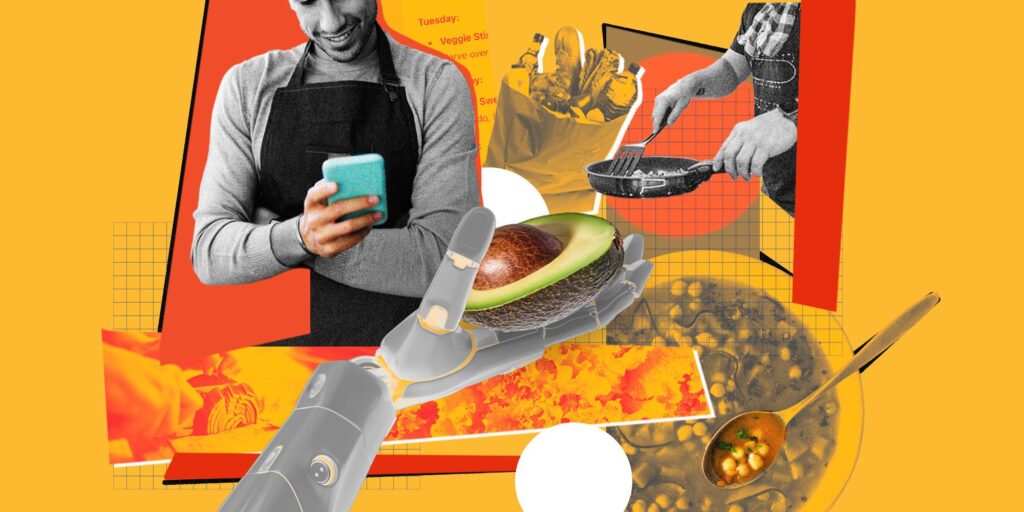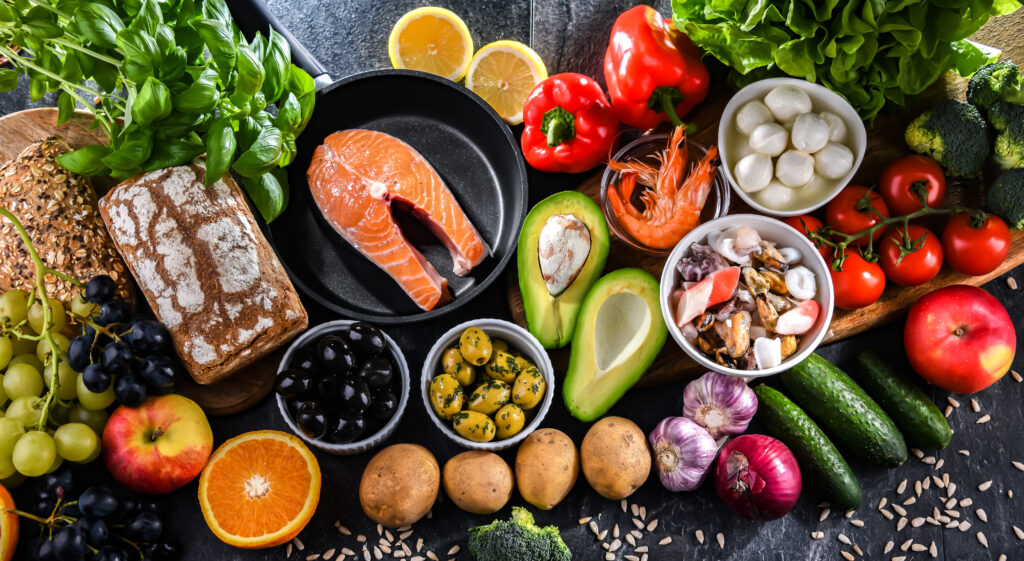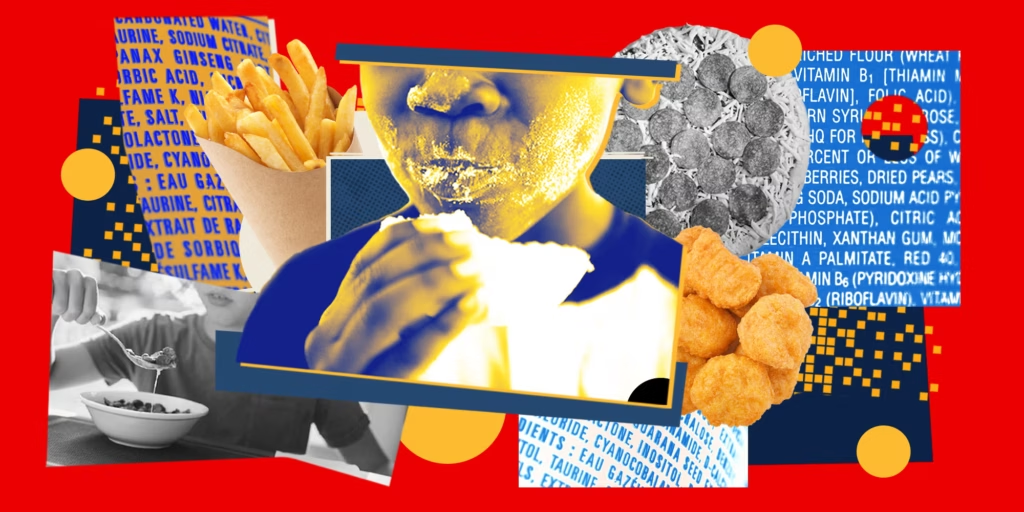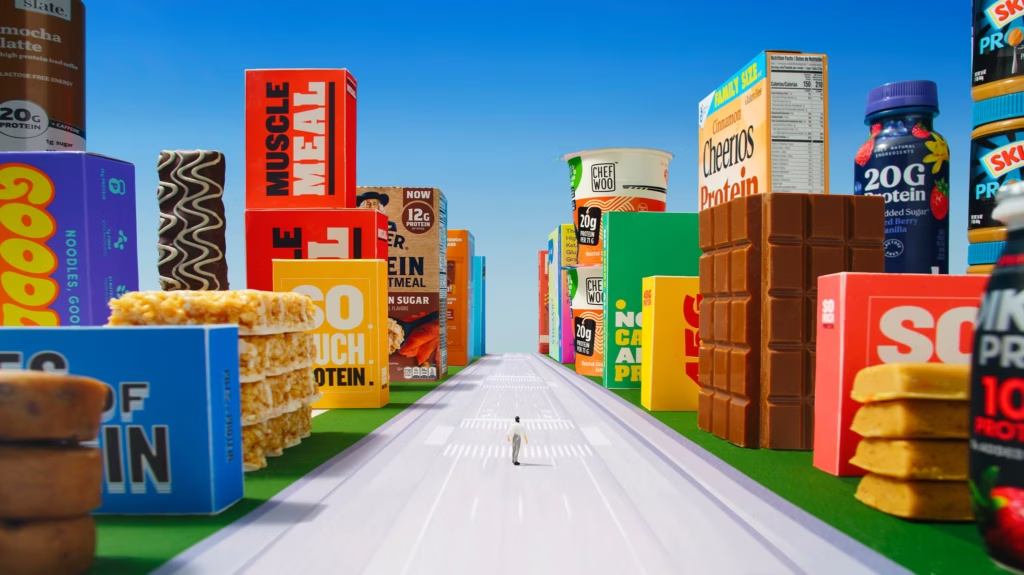POPCORN IS LIKELY your go-to snack while you’re binge-watching Netflix, sitting in a dark cinema, or enjoying a night at the ballpark. As you’re popping kernels into your mouth, you may be wondering, “Is popcorn healthy?”
The answer is mostly yes, but it depends on how you’re eating it, dietitians say.
“I definitely consider popcorn a healthy snack,” says Maryann Walsh, R.D., president of Walsh Nutrition Consulting. “Not only is it a high-volume food that can help us feel full and satisfied, but it’s also typically easily available and affordable. It’s versatile when it comes to toppings and flavors that you can add to it.”
There are many different ways to make popcorn. Elements like the amount and type of oil used, such as unsaturated canola oil versus saturated coconut oil, as well as added salt or other flavors and ingredients affect the health content, she says. Cooking method matters, too.
Air-popped popcorn made at home with no oil is much healthier than the big tubs of popcorn that you get at the movies. Popcorn made at movie theaters may be popped with saturated fat, and you may be tempted to add butter and seasoned salts, which increases the fat and sodium content. And, microwave popcorn might contain added, salt, and other ingredients that add calories and affect its overall health.
Still, most popcorn offers several health benefits. It’s loaded with nutrients and antioxidants, and snacking on it can help you increase your fiber and whole grain intake. Here’s a look at why popcorn is healthy and tips for keeping the snack guilt-free.
Is popcorn healthy?
If popcorn is your guilty pleasure, you’ll be excited to know that it is healthy, unlike other snacks that are loaded up with sugar and salt. Here’s an overview of popcorn’s health benefits:
It’s a whole grain.
Popcorn is a whole grain, and Walsh says eating whole grains is linked to a lower incidence of heart disease and diabetes.
The Dietary Guidelines for Americans recommends that at least half of your grain intake be whole grains, which means you need about 48 grams of whole grains a day. Snacking on popcorn every day has been shown to increase overall whole grain intake, according to the Journal of the American Academy of Nutrition and Dietetics.
It’s high in fiber.
As a whole grain, popcorn is a good source of fiber. According to the American Heart Association, popcorn contains more fiber per serving than whole wheat bread. A 3-cup serving of popcorn contains 3 to 4 grams of fiber, Walsh says. It’s recommended that men get 30 to 38 grams of fiber a day, while women need 21 to 25 grams. Fiber helps control blood sugar and cholesterol, regulates bowel movements, and helps with weight management, according to Mayo Clinic.
It makes you feel full.
The airiness of popcorn makes it a high-volume food, and Walsh says that keeps you feeling full. One cup of plain air-popped popcorn—without butter, salt, or other toppings—contains about 30 calories, according to the U.S. Department of Agriculture. So, three whole cups is just under 100 calories.
It contains antioxidants.
Popcorn contains polyphenols, which are a type of antioxidant found in plants, Walsh says. Polyphenols have been shown to combat UV damage and lower the risk of developing some cancers, cardiovascular disease, diabetes, and other diseases. Research shows that polyphenols are more concentrated in popcorn compared to sweet corn or other vegetables.
It’s packed with vitamins.
Popcorn is loaded with vitamins and minerals, according to the USDA.
These include:
- Calcium
- Iron
- Magnesium
- Potassium
- Phosphorous
- Zinc
- Copper
- Manganese
- Thiamine
- Niacin
- Folate
- Vitamin B6
What’s the healthiest way to eat popcorn?
Air-popped popcorn doesn’t use oil and is the healthiest way to enjoy the snack, according to Cleveland Clinic. Popping it on the stovetop using oil can be a way to add healthy fats to your diet, just opt for walnut, avocado, canola, or extra virgin olive oil. It’s also best to skip the butter, which adds saturated fat—or, if you must have butter, go for about 2 to 3 tablespoons.
If you want to add flavoring to the popcorn you make at home, Cleveland Clinic recommends using hot sauce, balsamic vinegar, herbs and spices, peanut butter, or a bit of shredded cheese.
“The healthiest way to eat popcorn is typically air-popped with no oil or butter and minimal salt added,” Walsh says. “However, there are numerous bagged popcorn products that come pretty close to matching the nutritional facts of air-popped popcorn such as SkinnyPop or BoomChickaPop.”
Just check the nutrition label and remember that 3 cups of air-popped plain popcorn contains about 100 calories and no sodium or fat (unless you add it).
Microwave and movie popcorn are less-healthy options
Microwave popcorn often contains high amounts of salt and flavorings, and may contain chemicals, which can add calories and make it a less-healthy option. “Make sure to take a look at the nutrition facts label and serving sizes when consuming a packaged popcorn product,” Walsh says.
Movie theater popcorn can contain 400 to 1,200 calories, depending on the size and toppings. Some cinema chains use coconut oil or other saturated fats, which increases the calorie count. The popcorn is also usually loaded up with salt, with some having as much as 1,500 milligrams of sodium, almost a full day’s worth. The USDA recommends adults limit salt to 2,300 milligrams a day.
Can you eat too much popcorn?
Technically, you can eat too much of anything. But, eating too much popcorn is difficult, Walsh says. Its fluffiness makes it a high-volume food, so you’ll likely get your fill after a cup or two. Unless it’s dripping in butter and salt, a few servings isn’t all that bad for your health.
“The downsides of eating popcorn are if you add toppings, you need to factor those into the total calories you’re consuming, and calories from toppings like butter or flavored oils can add up fast,” Walsh says. “And, if you need to watch sodium intake, then you’ll want to be careful with how much salt you add to your popcorn.”
However, keep in mind that popcorn is a carbohydrate, she says. People with diabetes or others who need to watch their carb intake should be conscious of their popcorn serving sizes.
This article was first published on Men’s Health US.








